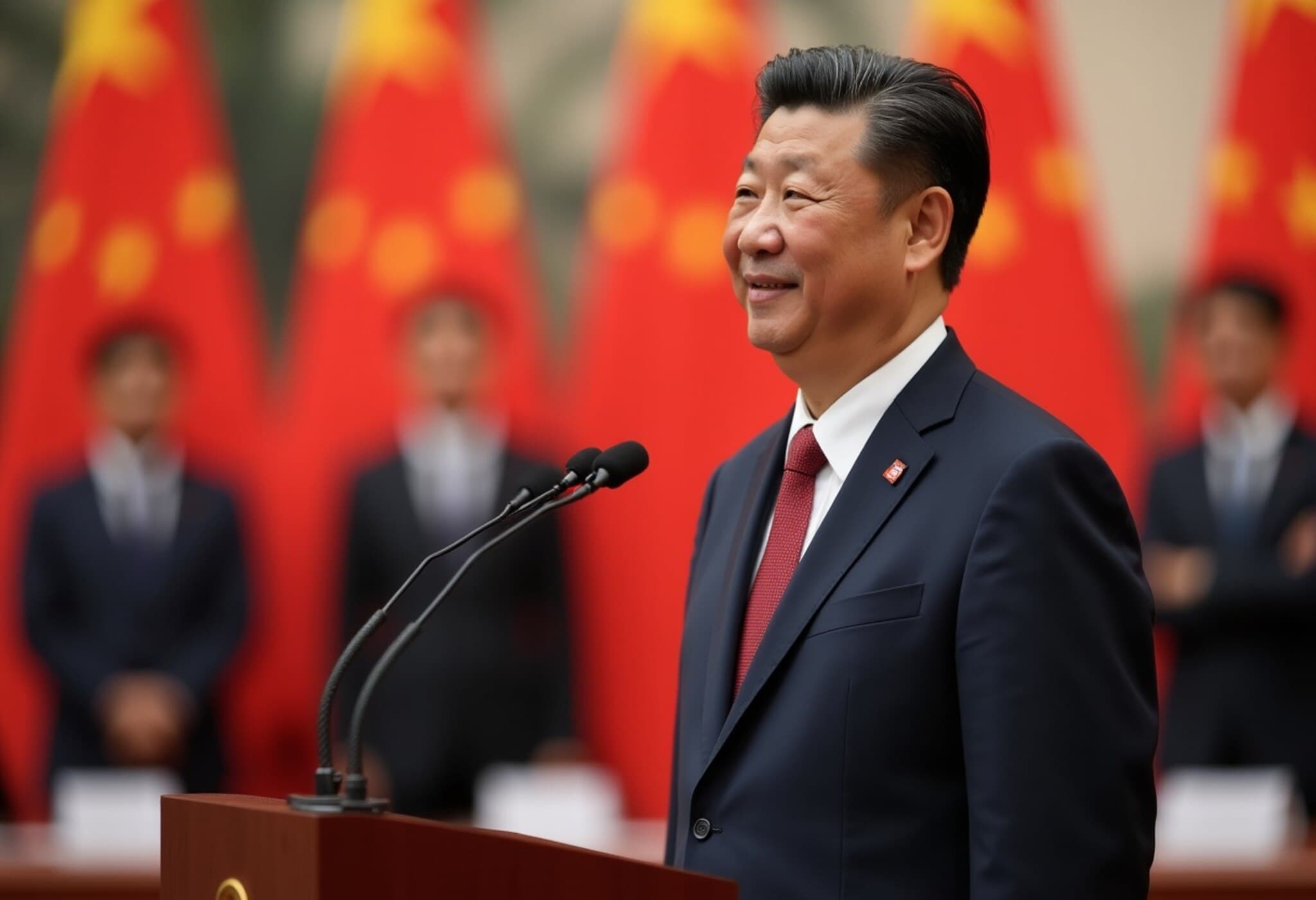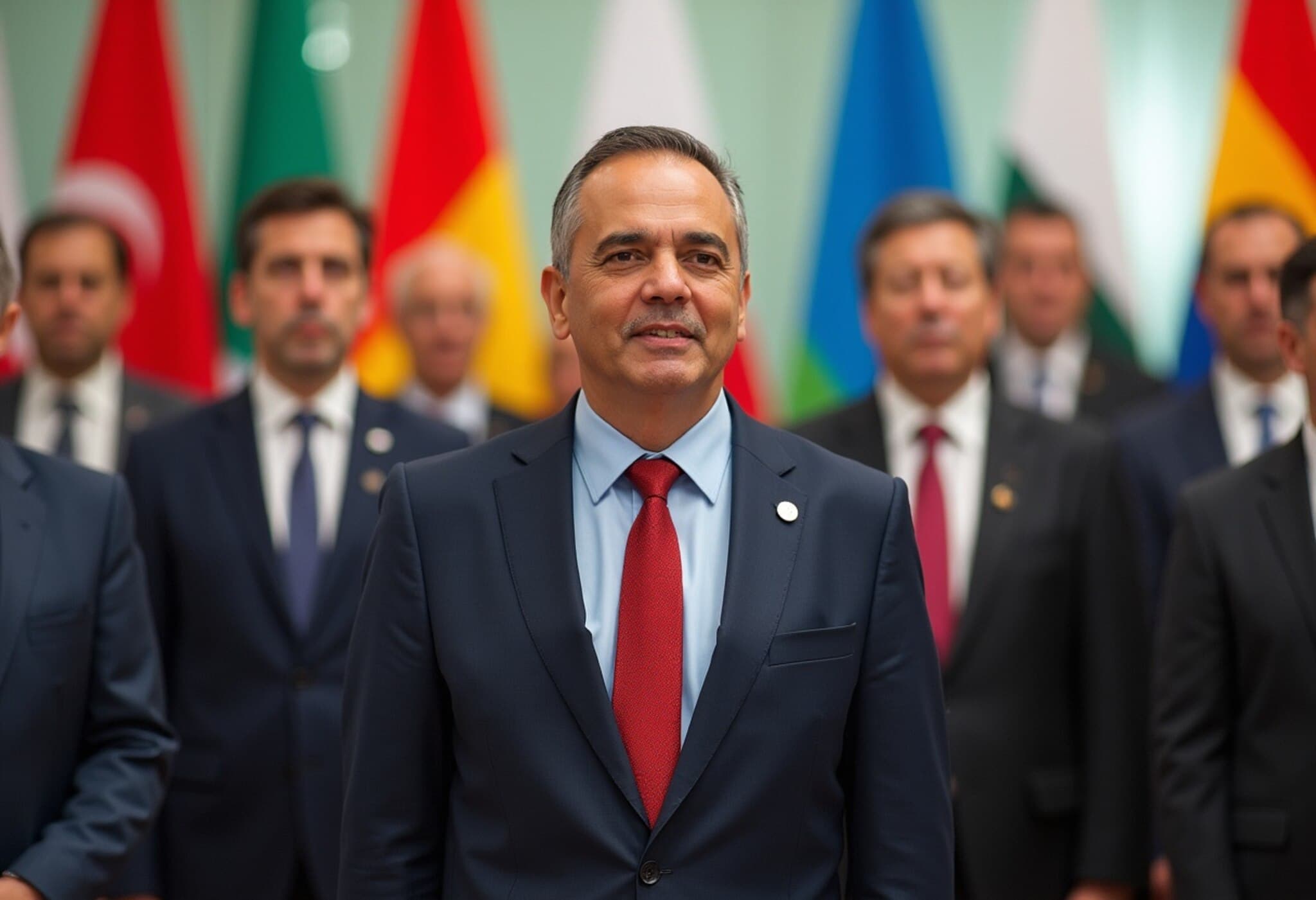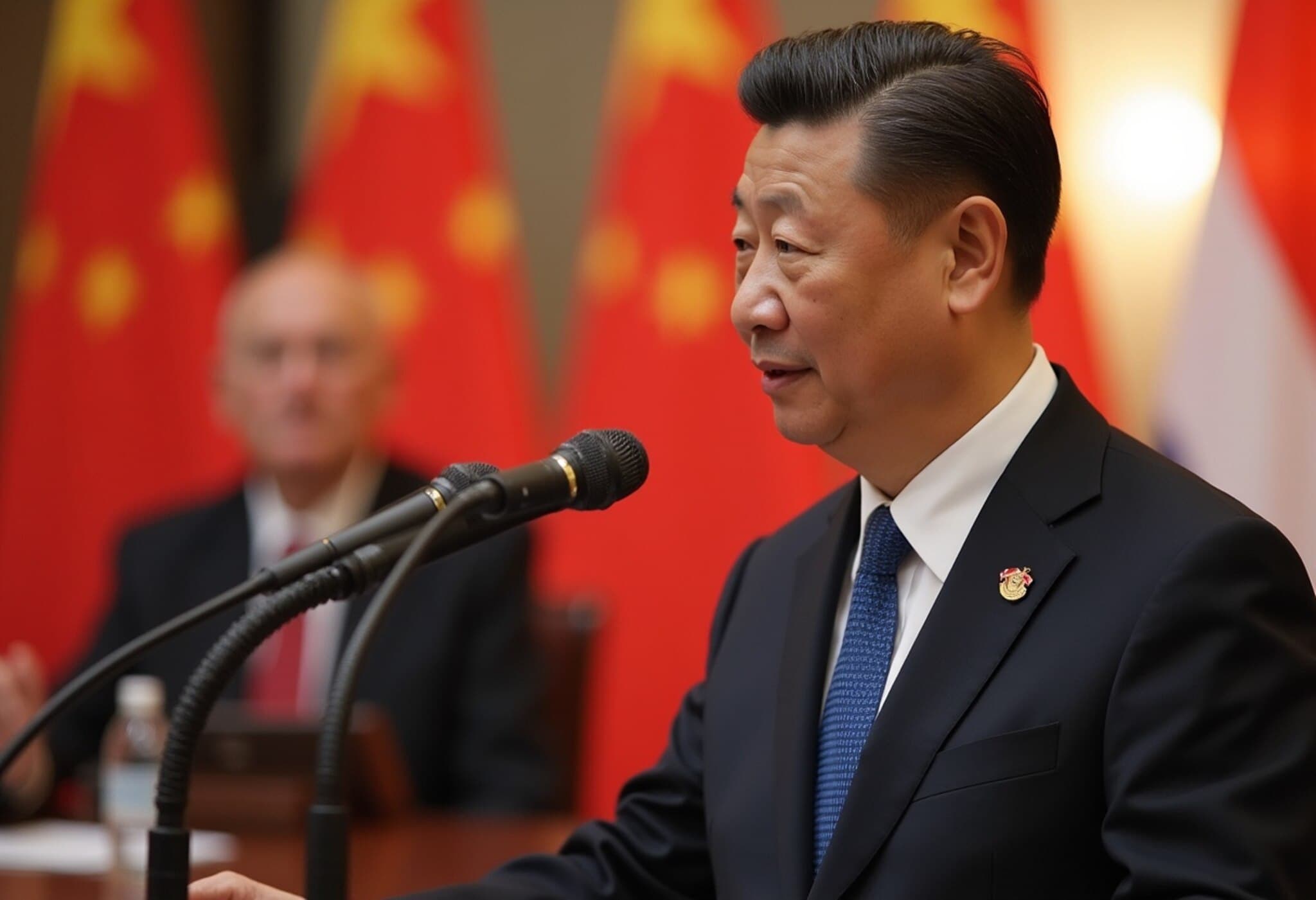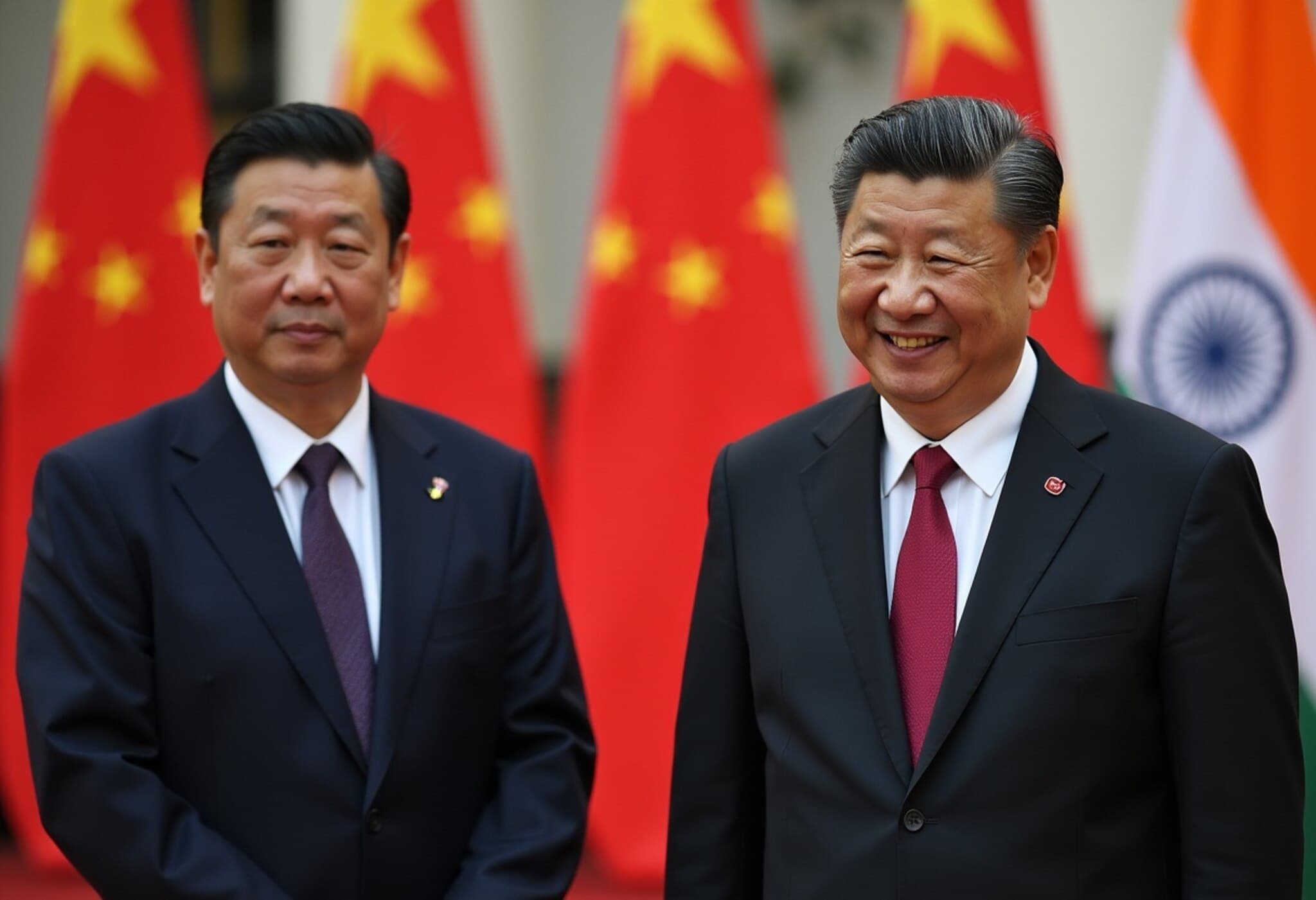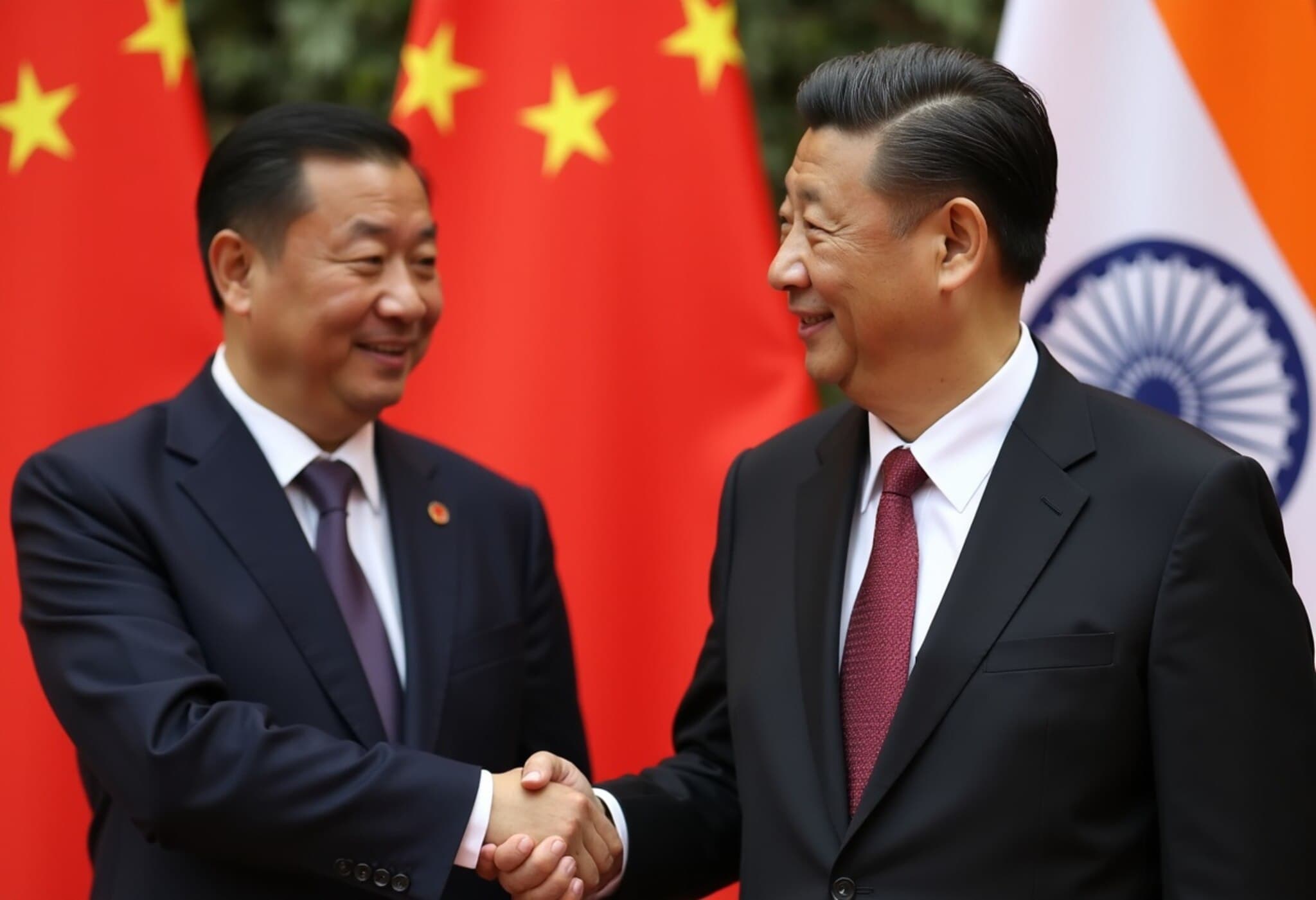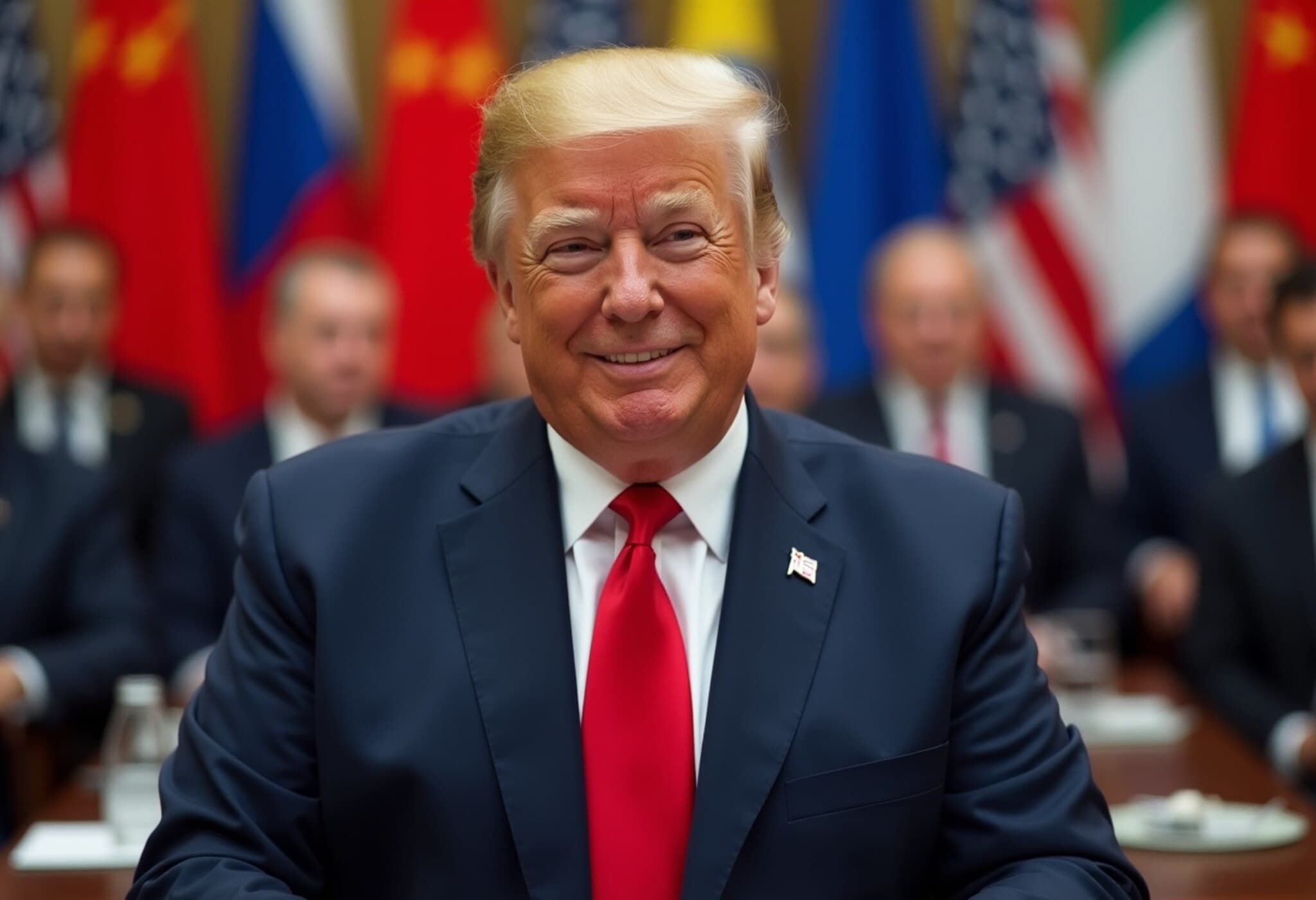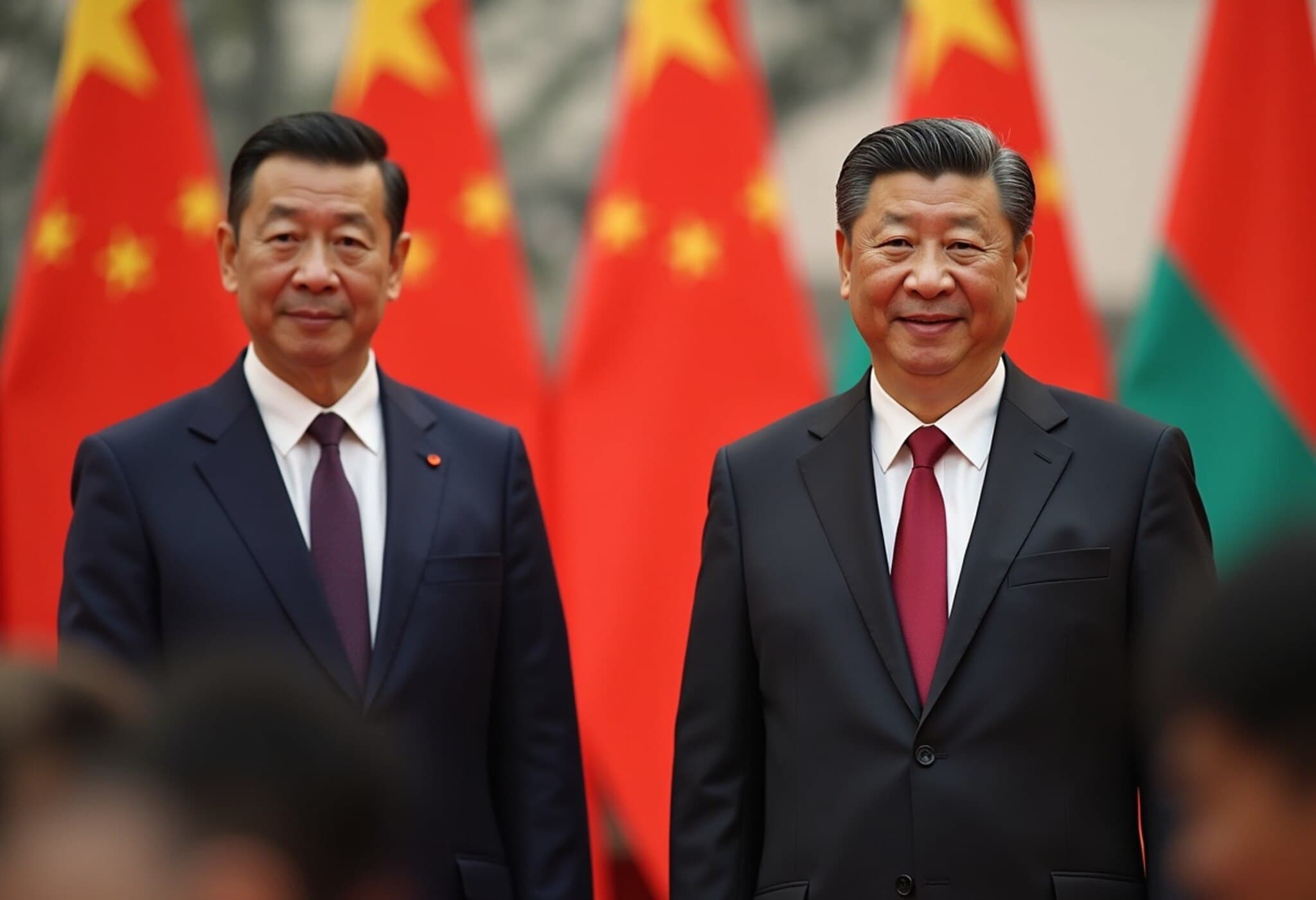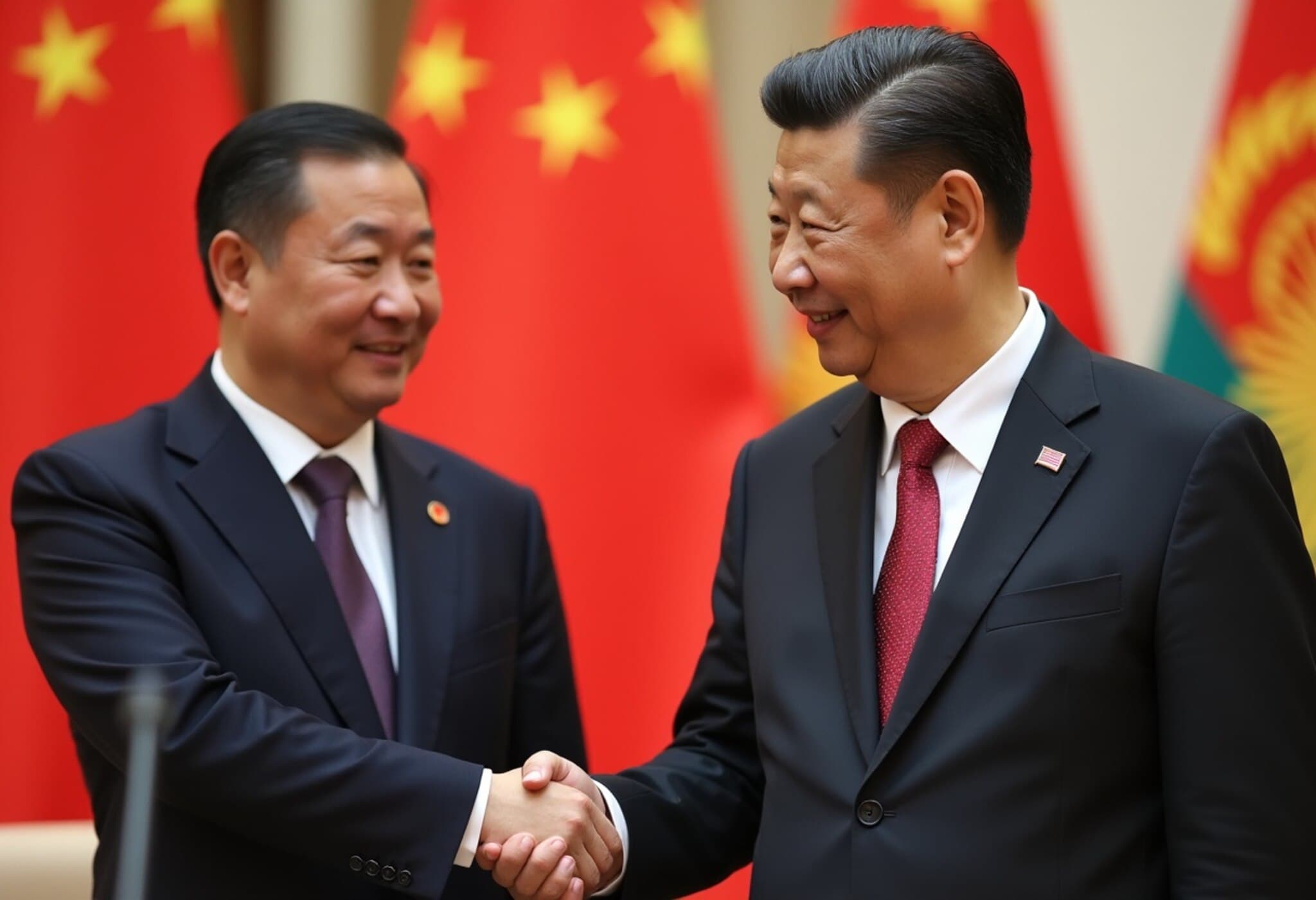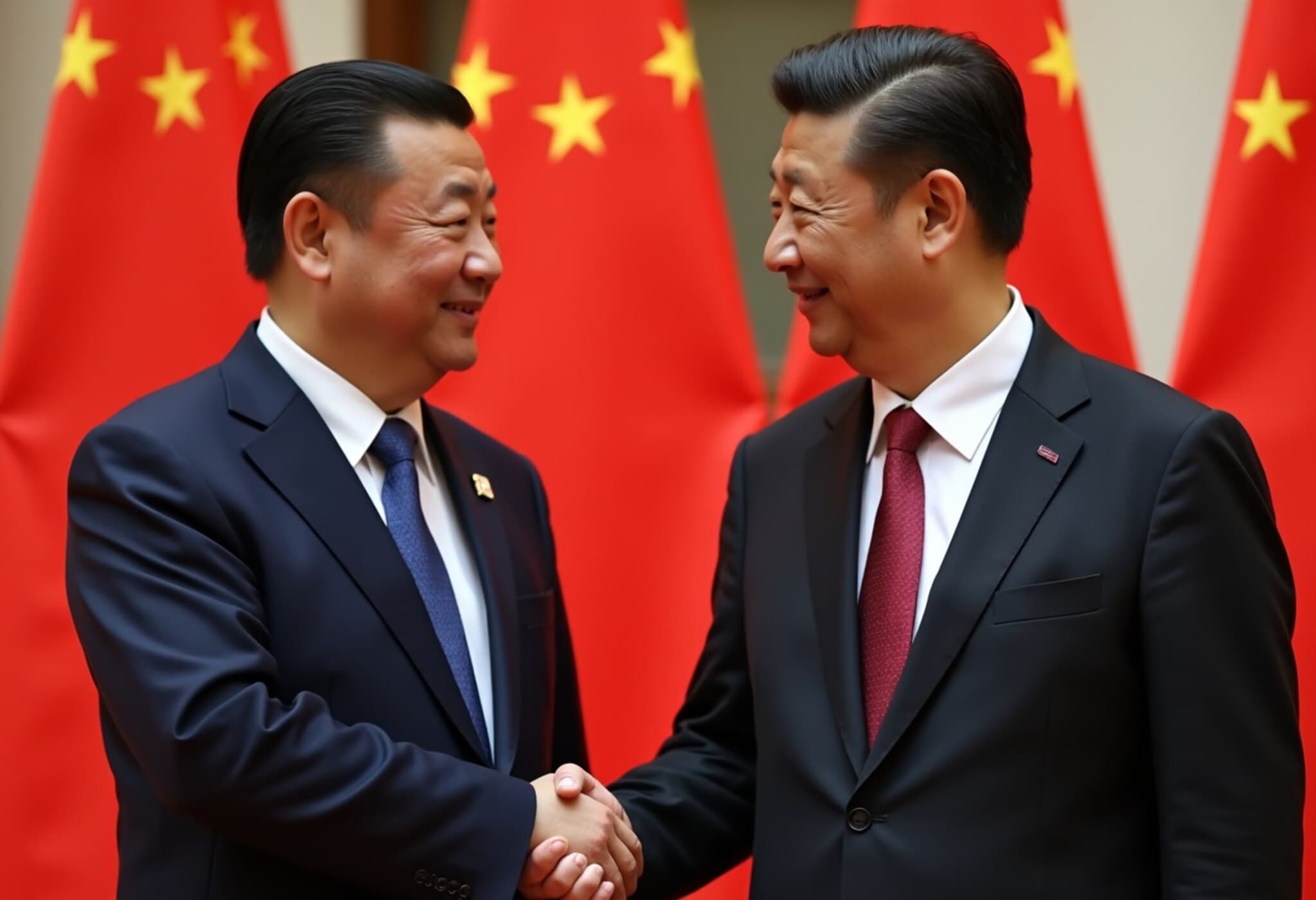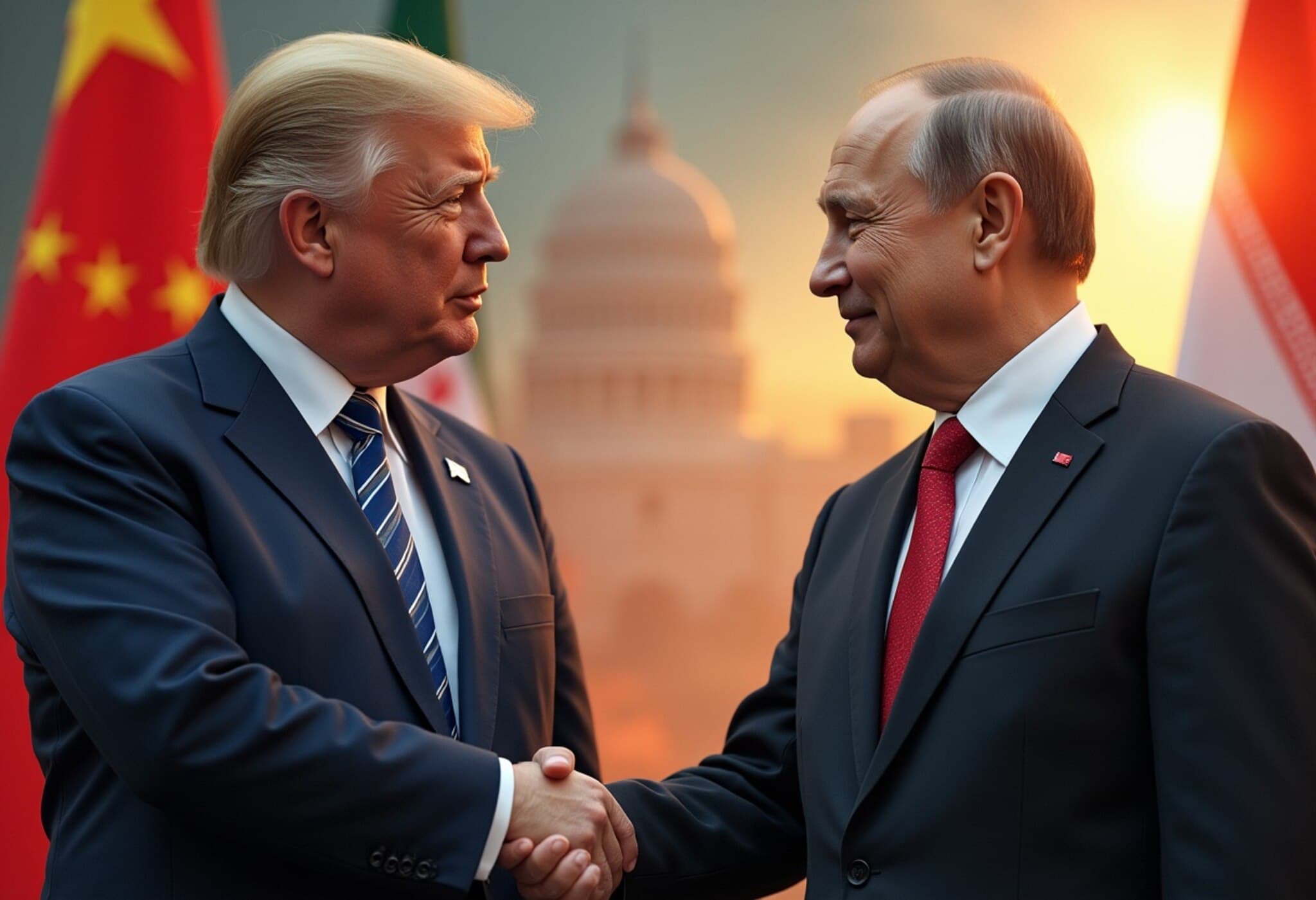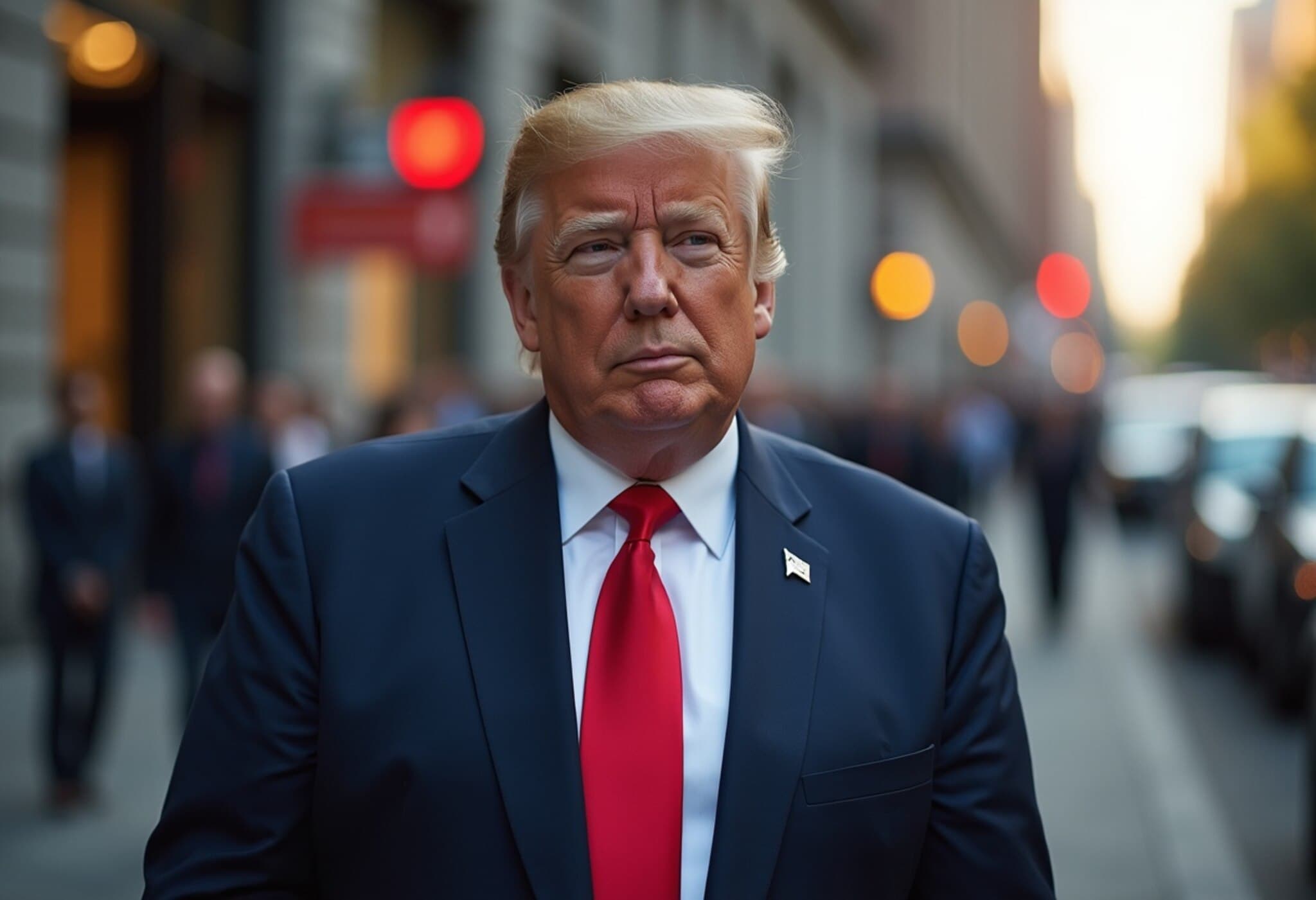Chinese President Xi Jinping Skips BRICS Summit for the First Time
In a move surprising many international observers, President Xi Jinping will not attend the 2025 BRICS Summit hosted in Rio de Janeiro, Brazil. This marks the first time since assuming power that Xi has missed the annual gathering of the influential emerging economies grouping.
Strategic Focus on China’s Domestic Challenges
Chinese state media and analysts report that Xi’s absence reflects a deliberate pivot: prioritizing China’s mounting economic difficulties ahead of a crucial political congress expected later this year. Instead of Xi, Premier Li Qiang has been appointed to represent Beijing at the summit.
This decision underscores the intense pressure on China’s leadership to stabilize the domestic scene amid slowing growth, internal financial risks, and escalating geopolitical tensions.
Expert Insights: Balancing Domestic Priorities and Global Ambitions
- Chong Ja Ian, Professor at the National University of Singapore, explained to CNN, "BRICS serves Beijing as a strategic buffer to counterbalance US alliances globally. However, shifting dynamics in US trade policy may have lessened the immediate external threat, allowing Xi to focus inward."
- Brian Wong, Professor at the University of Hong Kong, cautions against interpreting Li Qiang’s presence as a signal of diminished importance, emphasizing that BRICS+ initiatives align closely with Xi’s long-term foreign policy vision.
Who Is Attending the Summit?
A notable absence will also be Russian President Vladimir Putin, who will participate virtually due to Brazil’s ICC membership and the legal risk of arrest stemming from ongoing war crimes allegations.
In-person attendees include Indian Prime Minister Narendra Modi and South African President Cyril Ramaphosa. Indonesia’s President Prabowo Subianto, recently joining BRICS, is also expected to make an appearance. Delegations from newer members like Iran, the UAE, Ethiopia, and Egypt are likely to participate, though confirmations are pending.
Key Summit Themes: Trade, De-dollarisation, and Cooperation
The 2025 summit unfolds at a critical juncture, as the US tariff freeze initiated under former President Donald Trump approaches expiration on July 9. BRICS countries face renewed pressure to negotiate trade agreements that could mitigate tariff escalations.
- De-dollarisation efforts—advocating the use of national currencies over the US dollar for trade—will remain a hot topic, though recent proposals for a shared BRICS currency, championed by Brazil’s President Lula da Silva, are likely to remain on the backburner due to US opposition and potential economic fallout.
- Premier Li Qiang is expected to emphasize enhanced energy cooperation within BRICS as well as the promotion of China’s burgeoning digital currency for cross-border trade, signaling China’s ambition to reshape global financial architecture incrementally.
What This Means for Global Politics and Economics
Xi Jinping’s calculated absence signals a more cautious Chinese approach to multilateral diplomacy amid a turbulent domestic environment. It reflects a broader geopolitical chess game where China balances asserting its global influence against pressing internal demands.
For American policymakers, this development complicates forecasts: while the absence might suggest China scaling back its outreach, the strong presence of BRICS leaders and ongoing initiatives signal the group remains an important counterbalance in global affairs.
China’s emphasis on digital currency and energy partnerships hints at ongoing efforts to subtly erode US dominance in trade and finance, a trend Washington will watch closely.
Editorial Note
Xi Jinping’s decision to forgo the 2025 BRICS Summit is more than a scheduling quirk—it symbolizes the complex interplay of domestic imperatives and international ambitions shaping China’s future trajectory. As BRICS expands with new members and explores innovative economic mechanisms, the global community faces critical questions:
- Can BRICS evolve into a coherent alternative economic bloc without its top leaders presenting a united front?
- How will China’s domestic challenges influence the bloc’s strategic objectives in the coming years?
- What are the implications for US foreign policy as emerging economies push for financial alternatives to the dollar?
For policymakers, investors, and observers alike, understanding these undercurrents will be key to making sense of a shifting global order in 2025 and beyond.

